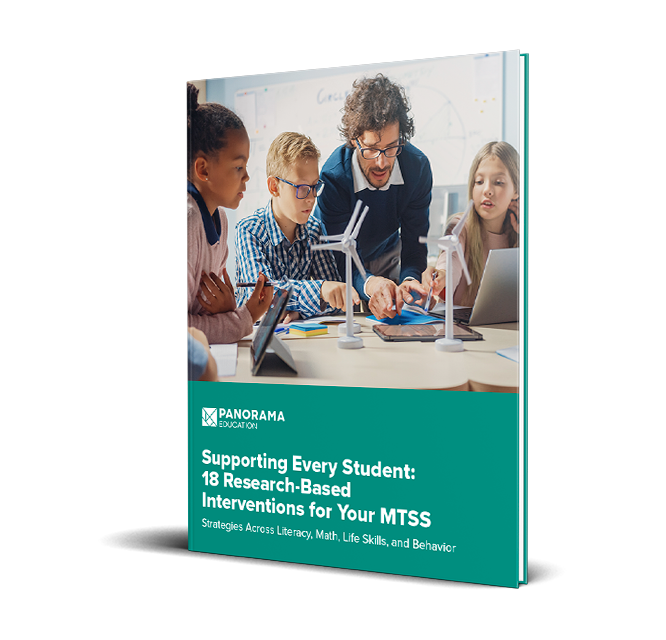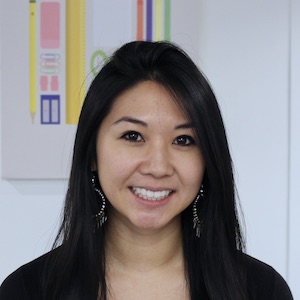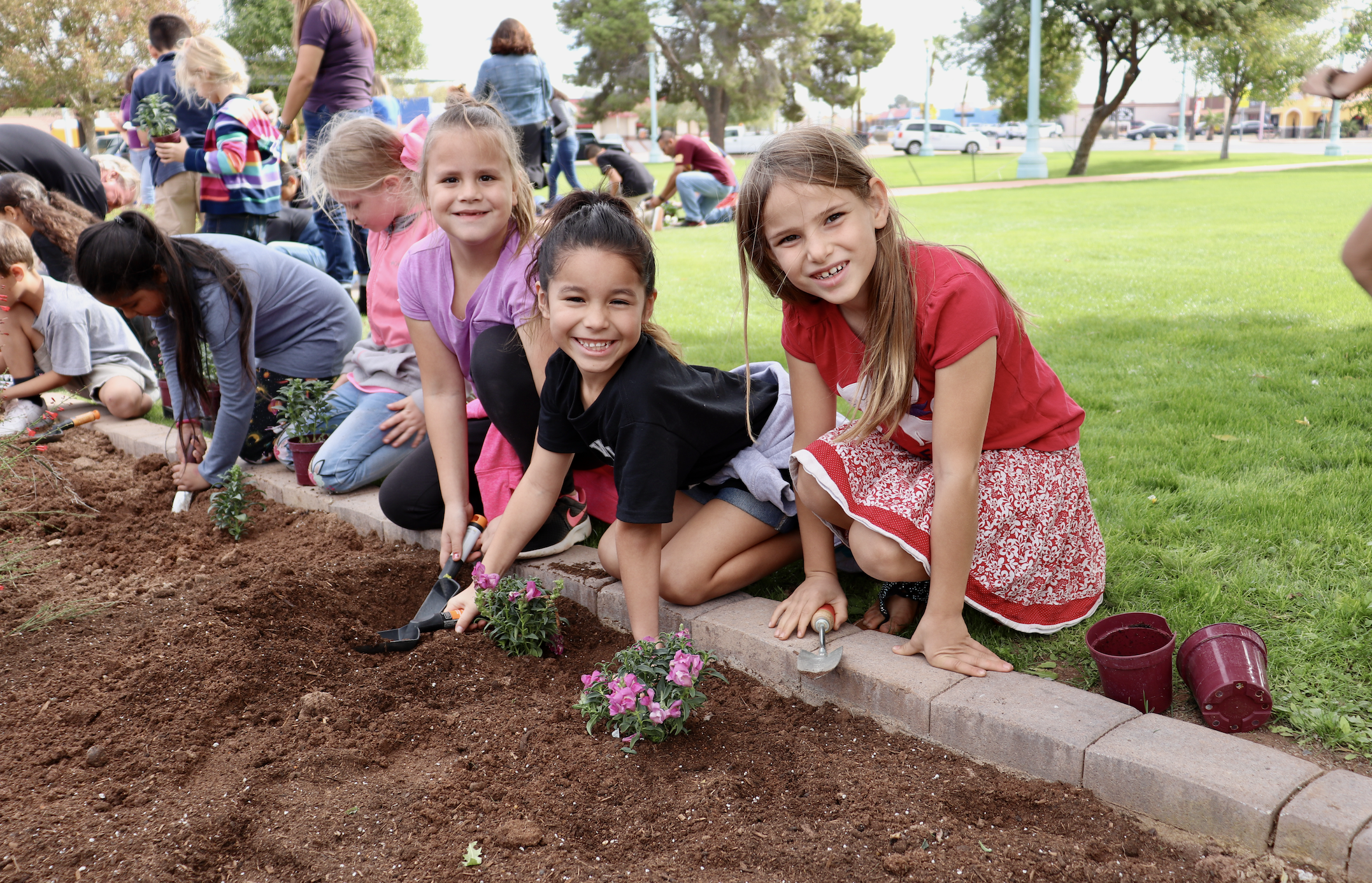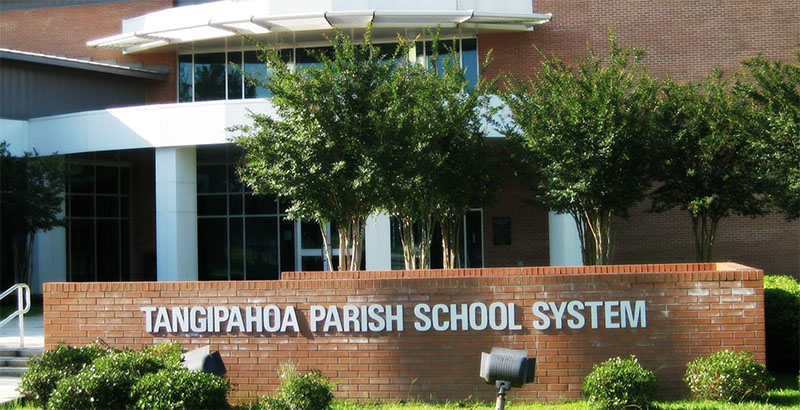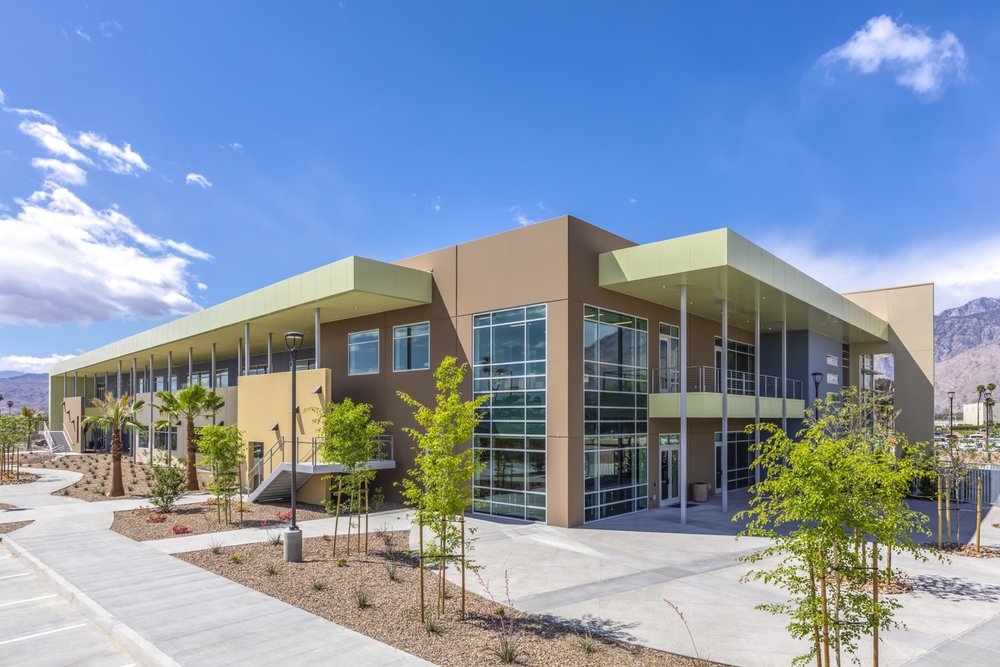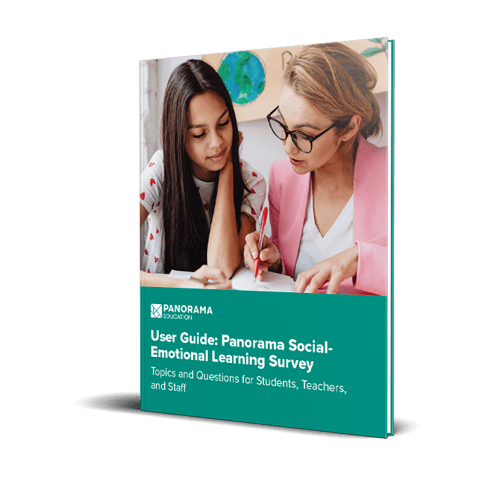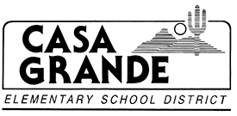
For JoEtta Gonzales, superintendent of Casa Grande Elementary School District (AZ), and her school leaders, social-emotional learning (SEL) is a central part of their work with students.
In search of a way to unify the district's SEL work and measure students' progress, the district partnered with Panorama for SEL measurement. Between the fall and spring of 2019, students at Casa Grande showed increases in all of the SEL competencies they measure through Panorama—with the greatest increase in social awareness.
How did they get there?
We sat down with Superintendent Gonzales and Principals Melissa Pieper and Scott Raymond to talk about how they use student voice data to strengthen teacher-student relationships, build students' SEL competencies, and strengthen Tier 2 and Tier 3 SEL supports.
Watch our live conversation here or read the full transcript below.
Christina Eng: Hi, I'm Christina Eng with Panorama Education. I'm here today with the team at Casa Grande Elementary School District: JoEtta Gonzales, superintendent; Melissa Pieper, principal at Desert Willow Elementary School; and Scott Raymond, principal at Evergreen Elementary School.
When we think about districts who are laying down strong foundations around social-emotional learning, or SEL, the level of thought and action taken by folks across your district really stands out. I'm so excited to talk about the ways Casa Grande is supporting students’ SEL and how you're using Panorama’s SEL survey to enhance that work.
JoEtta, as someone who's partnered with us over the past few years, can you speak to the district's SEL journey and where you were when you decided to partner Panorama for SEL measurement?
JoEtta Gonzales: Thanks for asking, Christina. I took over as superintendent a little over three years ago, so I'm starting my fourth year with Casa Grande Elementary School District.
One of the things that I noticed right away is that we had schools that were doing really wonderful things related to social-emotional learning, but there wasn't a consistent way that we approached the SEL competencies, nor was there a consistent way that we were measuring student progress.
So, I became familiar with Panorama, saw the tools that they had to offer, and knew that this was a journey that we all needed to take together.
Christina Eng: That's great. And we're so thankful for the partnership we built since then, and how both our teams have been able to come together to support SEL measurement across the district.
In looking at your SEL journey today, I know we have Scott and Melissa on this call, who are currently doing great work at their schools. Do you want to tell us quickly how Scott and Melissa have gone above and beyond this summer planning for the SEL needs of their communities?
JoEtta Gonzales: Both Melissa and Scott head up our largest Social-Emotional and Academic Learning team, and they've done a tremendous job in bringing people together, having them share their ideas, and formulating lots of very responsive plans for students in our return. I’m proud of both of them.
Christina Eng: Well, it sounds like they've been doing some amazing work.
Scott and Melissa, I'd love to now turn the conversation over to you, and I'm so interested to hear more about the work you're doing. How are you using social-emotional learning data from Panorama surveys to support student skill development and well-being in your work?
Melissa Pieper: In addition to using the data this summer to form our Social-Emotional Academic Learning teams throughout the school year, the data has been really important to us to get a look into students’ perception of how school is going.
We have not always taken the time to look into students' views, and I don't want school to be something that is done to them. We are working to empower students to be able to use their voice, become change agents, and take control of their learning throughout the day.
Looking at the data has given us an insight into how they view school is going, the relationships that they have, whether they're having conflicts or disagreements with one another, and how we can better meet their needs from a social-emotional learning standpoint.
"Looking at the Panorama data has given us an insight into how students view school is going, the relationships that they have, whether they're having conflicts or disagreements with one another, and how we can better meet their needs from a social-emotional learning standpoint."
Scott Raymond: With Panorama, we're able to put some numbers and put some data to student competencies to look at mindset, to look at self-awareness, social awareness, and really set forth a plan for each and every one of our students.
It helps us guide our school-wide initiatives, but it also allows us to pinpoint areas of deficiency that a particular student may have. We've been using it over the last couple of years to look at our Tier 2 and Tier 3 interventions.
We would see students that academically are on the honor roll and in the classroom their behaviors were models for others—But their self perceptions were not. There was a disconnect from what we saw versus how they were feeling.
I remember saying, we have to do something for these students who, to the world, look like they've got it all together, but internally, they were struggling.
"With Panorama, we're able to put some data to student competencies to look at mindset, self-awareness, social awareness, and really set forth a plan for each and every one of our students. It helps us guide our school-wide initiatives, but it also allows us to pinpoint areas of opportunity for a particular student. We've been using it over the last couple of years to look at our Tier 2 and Tier 3 interventions."
Melissa Pieper: We use something called ‘The Seven Habits of Highly Effective Students’ with The Leader in Me. We are using that program to teach students to be in charge of their education, to be in charge of themselves, to begin with the end in mind, and to use those habits. However, the SEL data gives us a deeper look into roadblocks in what we're doing and how else we can strengthen the program that we're using to build student self-efficacy.
Taking a look at areas for celebration was also a big part of using the data. We focused on the questions around, 'What makes you want to come to school? What do you love about coming to school?' That gave us solid building blocks to move forward and plan instruction and celebrations for the year.
Christina Eng: What has been the biggest win you've seen so far with social-emotional learning in the district?
Melissa Pieper: As educators, we always believe that students come first. It's the reason we come to school and the reason that we go into the field to begin with. Our passion, our drive, and our love for the students that come to us every day is why we do the work we do.
It's a hard job, but this data really gives us an opportunity to connect on a deeper level and to go beyond the surface of reading, writing, and math. It’s about connecting as a teacher and a student, and as humans—and we all need that connection. We all need that sense of purpose and belonging and that we have a voice in what we do.
I’ve really seen that shift in the last few years as part of our district. We’re tapping into students’ voices, and letting that be a louder voice, to really strengthen the work that we do every day.
Scott Raymond: We noticed that the simple gesture of telling students, 'We want to know what you think and we care about the way you feel' means so much. It makes them feel that they have some stake in the school and that they have ownership of what's happening day to day.
That's a benefit that you get, just by giving that opportunity to our children. I'm just very excited about the future, and I'm excited for the community of Casa Grande in general.
Christina Eng: Thank you so much for your time today Melissa, Scott, and JoEtta. Keep it up with the great work you're doing, and good luck with the start of the new year.
